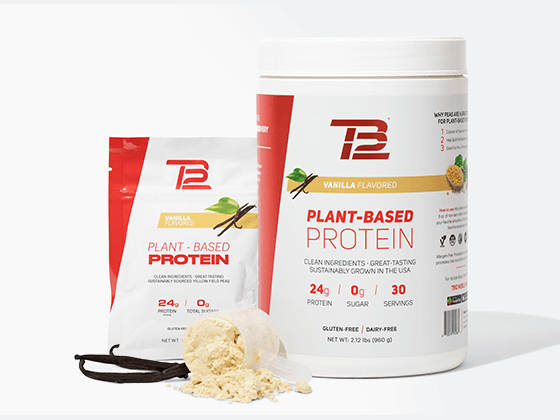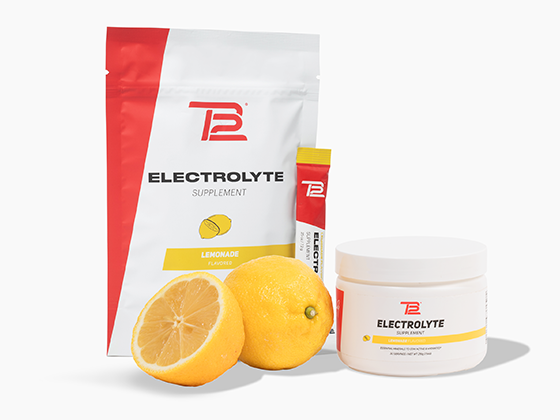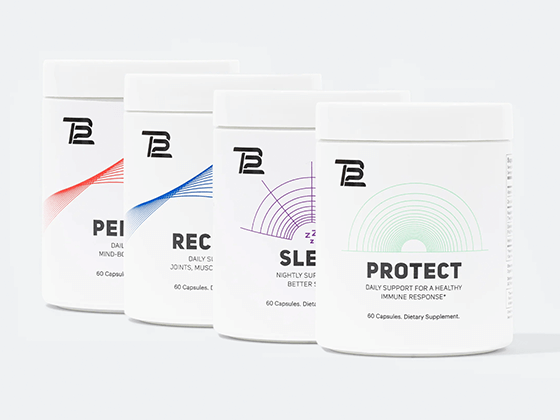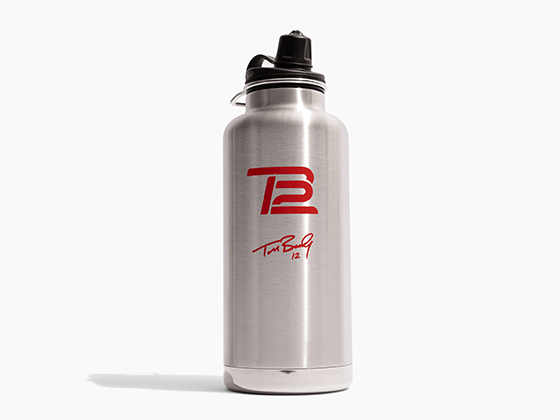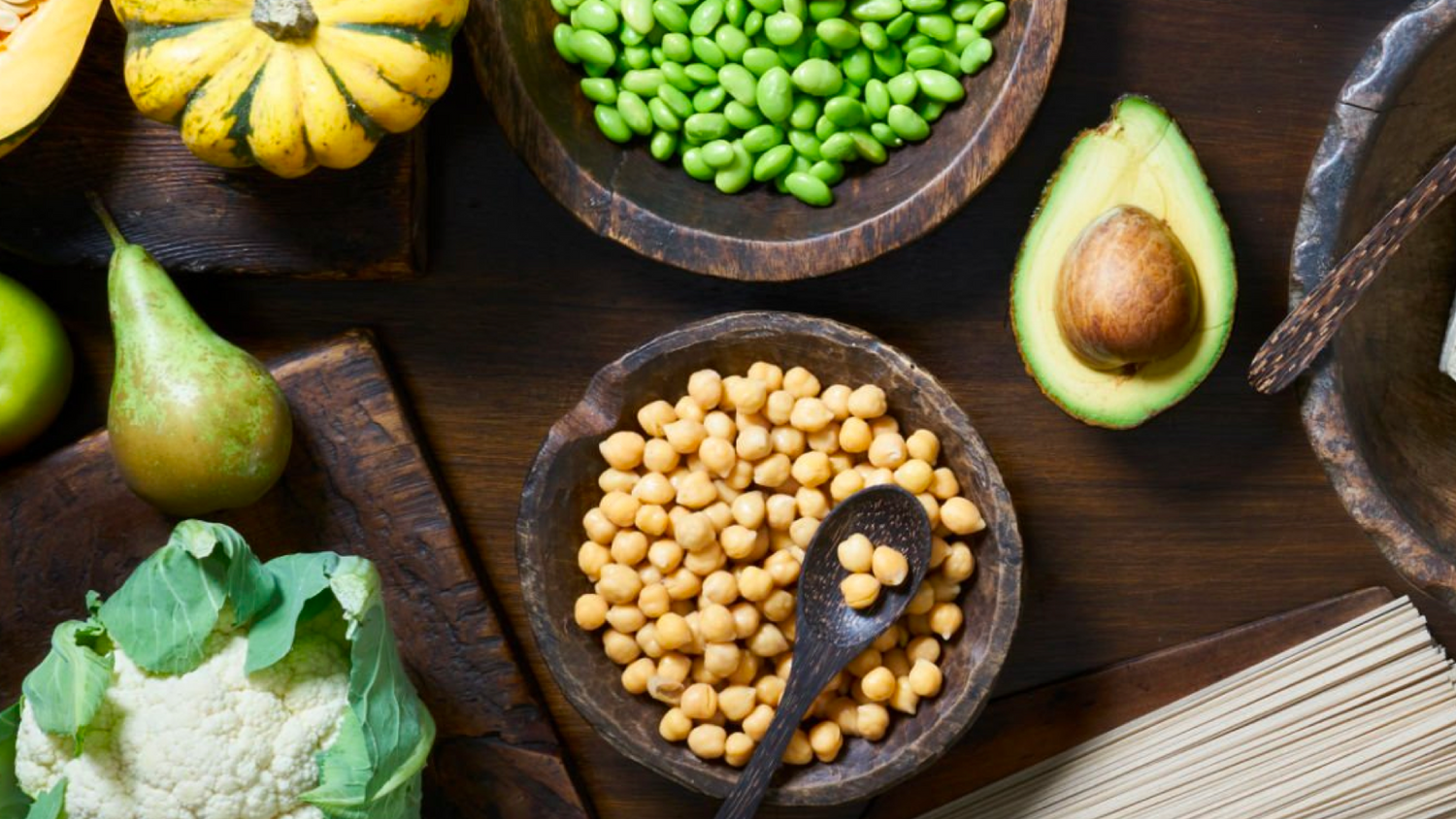Dr. Uma Naidoo is a Harvard-trained nutritional psychiatrist, professional chef and nutritional biologist & author of the national & international bestseller: “This is Your Brain on Food.”
It’s well-established that the composition of your diet dictates in large part the quality of your physical workout. But what about the impact of nutrition – in particular, protein – on cognitive function?
The research says it plainly: when it comes to macronutrients, protein intake is linked to better cognitive performance.
Where deficiency has been implicated in various neurological and neuropsychological conditions, ranging from ADHD to Alzheimer’s and even certain types of autism, protein - and specifically certain amino acid building blocks - are absolutely crucial for the synthesis of various critical neurotransmitters and neuromodulators. These include tryptophan, tyrosine, histidine, and arginine; research suggests that the concentration of particular amino acids can be a factor in the regulation of central neurotransmission, cognitive performance, and mood state.
This means that how we think, feel, and even generate ideas can be a direct reflection of our intake of these amino acids.
The question remains, then: How can we optimize our protein consumption for optimal cognitive performance?
- Start with A…for amino acids!
As in the introductory paragraph above, it’s clear that amino acids are a vital piece of the Nutritional Psychiatry puzzle to optimize our brain health and cognitive performance. On a day-to-day basis, ensuring steady intake of these foundational protein chains is vital for this aspect of our health - and that of nearly all our other body systems, too!
Here is a list my favorite foods richest in these selected amino acids:
- Tryptophan: chickpeas; pasture raised chicken; grass-fed whole milk, canned wild tuna, steel-cut oats, cheddar cheese.
- Tyrosine: avocadoes, sesame seeds, almonds, edamame
- Histidine: buckwheat, cauliflower, mushrooms, whole grains, nuts, poultry, seafood
- Arginine: salmon, almonds, brown rice, oats, chickpeas, cashews
For details and innovative ideas on how to incorporate these foods into your daily diet, check out the many recipes in my book, This Is Your Brain on Food!
- Feed what your brain needs
The literature supports the notion that during periods of high task demand, high protein intake potentiates a stronger working memory and sharper executive function. This means that when we really need to put our brain’s faculties to work, having enough protein in a constant, steady supply can support our pursuit of razor-sharp cognition.
My go-to choices for protein in such settings are a handful of toasted cashews and Brazil nuts, hearty walnuts on a quick salad-to-go, or apple slices with a nut and seed butter. If dairy is part of your diet, whole-milk unsweetened Greek yogurt may be another excellent and portable choice.
- Slow and steady wins the race
As athletes, we might be focused upon getting enough protein in during that crucial post-workout window. But just as Rome wasn’t built in a day, neither too is optimal brain health with a single day of or scattered periods of high protein intake: rather, consistent, daily intake of healthy sources of protein - paired with fiber and antioxidant rich foods to nourish the gut and brain - aids us in creating a brain environment that promotes healthy function and youthfulness as we get older.
Fiber needs to be underscored as it is so critical to our hut health and mental health. In adults aged 60 years and older, high dietary protein intake is linked with better cognitive function; studies have also shown that a higher protein intake is associated with less accumulation of beta-amyloid deposits in the brain, which predict Alzheimer’s disease. Thus, it becomes clear that optimizing one’s protein intake is key to healthy brain aging.
My favorite brain-boosting snacks are also implicated in preventing neurocognitive decline? Look no further than the humble walnuts and selenium rich Brazil nuts, rich in both protein and omega-3 fatty acids to serve as effective protein sources with antioxidant function.
This is your brain on protein - a sharper working memory, faster executive function, and aging more gracefully.
What’s your go-to source of protein?
Hungry for more?
In my book, This Is Your Brain On Food, I dive deep into cutting-edge research to explain the innumerable ways in which food contributes to mental health. In doing so, I also seek to show you how to establish and maintain a sound diet to best support your psychological and cognitive health. Hungry for more? You can find me online at www.umanaidoomd.com, and connect with me on Instagram and Twitter, @DrUmaNaidoo, for real-time updates and news in Nutritional Psychiatry..

